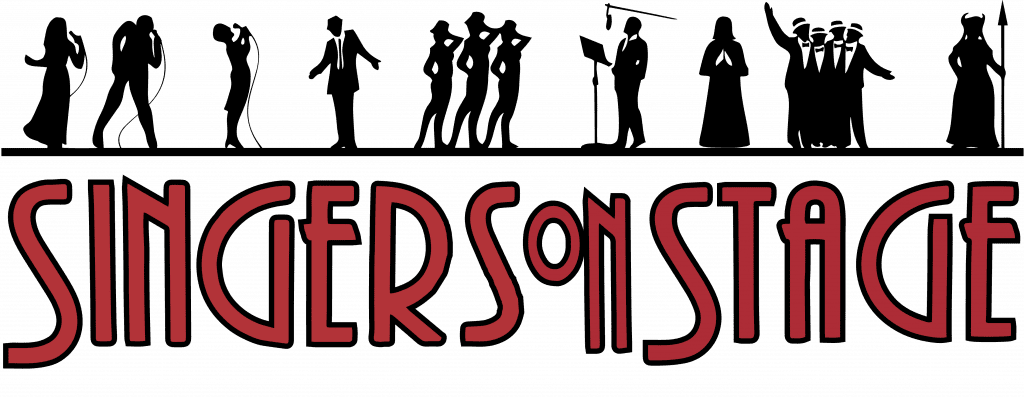
The Power of Music Credits on College Applications
Whether your child dreams of becoming a doctor, teacher, engineer—or yes, even a singer—serious study of music and singing can give them a powerful edge in college admissions and beyond. In today’s competitive academic landscape, standing out isn’t just about grades or test scores—it’s about who the student is, who they know they are, and how well they’ve developed focus, resilience, and communication skills.
As a lifelong performer and teacher, I can tell you what the data confirms: music builds the whole person.
The Research: Why Music Students Get In
- Higher Acceptance Rates for Medical School Applicants with Music Backgrounds
A study from the Association of American Medical Colleges (AAMC) found that medical school applicants who majored in the arts, including music, had higher acceptance rates than those in traditional science fields. Music students often bring enhanced empathy, listening skills, and discipline—all vital for patient-centered care.
Music majors had the highest medical school acceptance rate—66%—compared to 44% for biology majors.
(See: AAMC Data and Analysis, 2012)
Musicians Score Higher on Standardized Tests
College Board data consistently shows that students involved in music score significantly higher on SAT verbal and math than their peers with no music training.
Students with music coursework scored, on average, 61 points higher in verbal and 42 points higher in math on the SAT.
(See: College Board, Profile of SAT Program Test Takers)
Employers Want Creative, Collaborative Thinkers
Music students develop traits that companies say are most in demand: problem-solving, creativity, perseverance, and collaboration. McKinsey & Co. and the World Economic Forum cite these as top skills for the future workforce.
Beyond the Stats: What I’ve Seen as a Teacher
I’ve taught hundreds of voice students across all academic levels. Some come to me painfully shy, unclear in their speech, or afraid to express themselves. Within months of learning to sing—truly sing, with technique and purpose—these same students become confident, articulate, expressive, and ready to take on challenges in every area of life.
I have worked with students from young ages through adulthood who have encountered typical insecurities of teen-aged years (and who doesn’t!). I’ve worked with challenges across the spectrum – from the emotional fallout from divorce, death of a loved one, depression, suicidal thoughts, cognitive and physical disabilities ranging from lisps, stuttering, epilepsy, ADHD, autism and repairs of damaged vocal cords from surgery or smoking.
Each student has improved with vocal training and perseverance. It is sometimes breathtakingly exhilarating to watch the transformation. From that first lesson to four to six years later, I am amazed at the resilience and transformation of these students who find themselves and are playing leading roles in musicals and operas, winning NATS NSA auditions, and gaining admission to multiple prestigious performing arts colleges. This is why I teach.
NATS NSA and College-Ready Credentials
Participation in the National Association of Teachers of Singing (NATS) Student Auditions (NSA) is more than a performance opportunity—it’s a résumé builder that shows initiative, discipline, and excellence.
By preparing for and participating in NATS NSA:
• Students receive professional feedback from top adjudicators across the country
• They demonstrate commitment to a long-term discipline
• They earn credentials that strengthen college applications—even for non-music majors
• They connect with other high-achieving peers and build college-level artistic portfolios
Why I Teach
I don’t just teach kids to sing—I teach them to thrive. Every student in my studio learns to sing well enough to perform professionally. Whether or not they choose that path, they gain:
• Life-long confidence
• Mental discipline
• Emotional resilience
• Professional-level poise
My teaching is not really so much about singing as it is building character. I’ve already written about the relationship between singing and the awakening of the endorphins in every cell. Singing has the power to turn a bad day into a great one — or the boredom of cleaning the house into an upbeat, energetic task. Singing shapes the soul. It’s the most holistic form of education available—and it just happens to be beautiful, too.
I was once one of those shy girls.
Everything I’ve become – confident, poised, articulate, competent, strong, and persevering, – traces back to my first voice teacher, Margaret Romaine—an 82-year-old veteran of the Metropolitan Opera. For four years in high school, I rode with my family from our home in the Hollywood Hills to her small, sunlit home studio on Browning Avenue, just off La Cienega and the famed restaurant row. Her voice was massive—soaring, thrilling—I used to think it might shatter the glass in her high sunburst window. There were days I cried because I couldn’t sing the vowel “e” or “a” correctly after so many repetitions. But she never let me quit. She believed in me. She told me I had a beautiful voice, and slowly, I began to believe it. I was transformed. And now, after a successful career I chose and shaped—while raising five children—I teach to give that same gift to others. Just as she changed my life, I strive to change theirs. I am, and always will be, eternally grateful for the gift God gave me that I didn’t know I had until she brought it out in me.
Credible Resources You Can Share with Others
If you know someone who could benefit, please share. It could even change the course of their life.
– AAMC: Majors of Med School Applicants: https://www.aamc.org/data-reports/students-residents/data/med-school-applicants-majors
– College Board SAT Scores by Arts Participation: https://www.nammfoundation.org/articles/2014-06-01/arts-education-and-academic-achievement
– McKinsey & Co. Future of Work Report: https://www.mckinsey.com/featured-insights/future-of-work
– World Economic Forum: Top Skills for 2025: https://www.weforum.org/reports/the-future-of-jobs-report-2020
